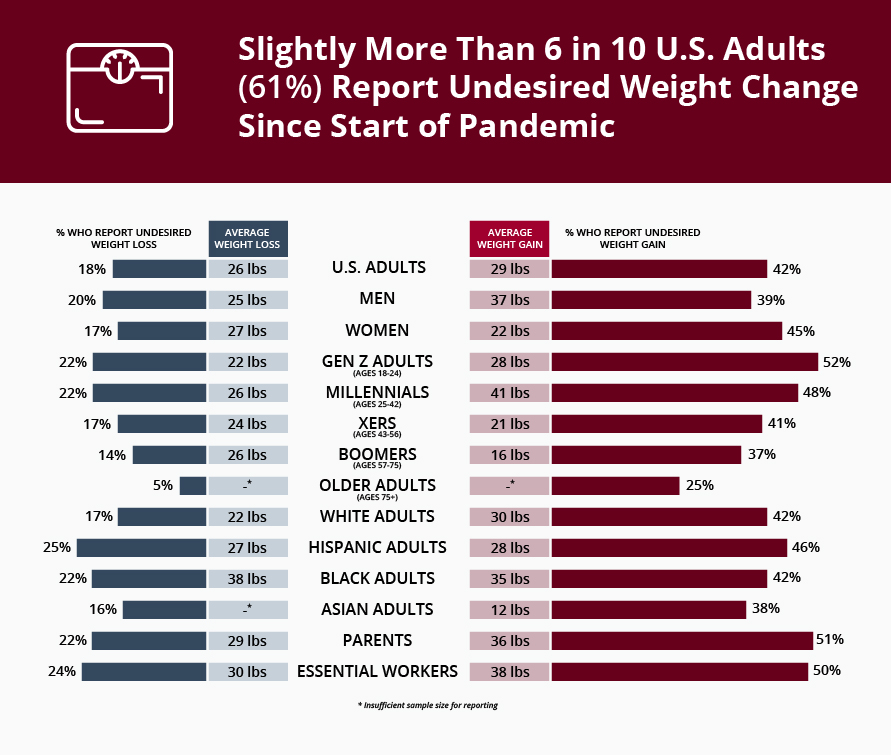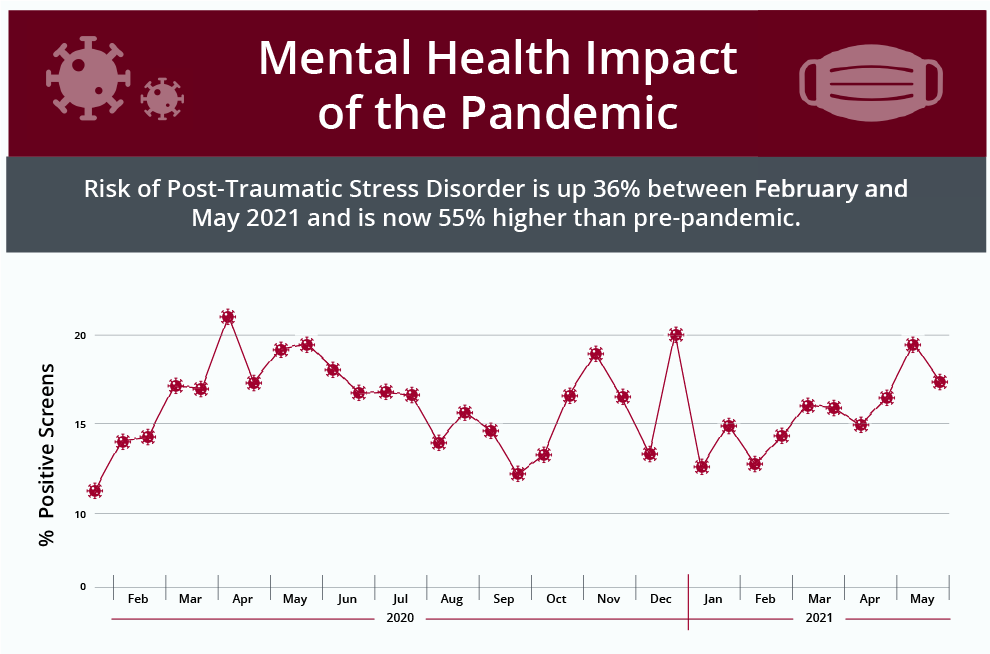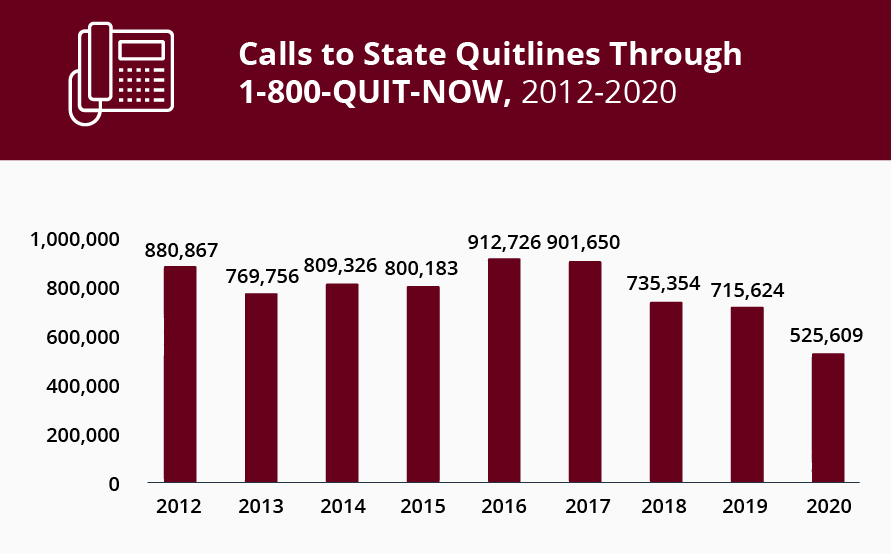With wider COVID-19 vaccination, experts are talking about the return to some daily activities that we haven’t seen in many months. That’s great news and in response, many organizations are revisiting which benefits—such as flexible work hours and paid time for childcare, for example—they’ll continue to offer post-pandemic.
However, to truly get back into the swing of everyday life, organizations will still need to address serious health changes resulting from the pandemic.
Here are a few top wellbeing issues we see that will require continued support into the foreseeable future:
Weight gain: A survey of U.S. adults by the American Psychological Association found that 42% of U.S. adults reported undesired weight gain since the start of the pandemic, with an average gain of 29 pounds. Millennials reported the most undesired weight gain, with an average of 41 pounds.
Depression and anxiety: In March 2020, about one-third (32%) of U.S. adults said worry and stress related to COVID-19 had a negative impact on their mental health, according to Kaiser Family Foundation research. By the summer, this percentage increased to roughly half of adults (53%) in July 2020.
According to the Mental Health Index: U.S. Worker Edition released in June, risk of Post-Traumatic Stress Disorder (PTSD) is up 36% between February and May 2021 and is now 55% higher than pre-pandemic. Lack of concentration is among the top symptoms of PTSD. So, it comes as no surprise that the Mental Health Index findings show that sustained attention has declined 24% since April and is now 59% lower than pre-pandemic levels.
Learn 4 myths about the link between employee mental health and tobacco use in this infographic.
More smoking, fewer quitters: As stress surged during COVID-19, tobacco use increased, too. While cigarette sales have steadily declined 4-5% since 2015, sales increased 1% in the first 10 months of 2020 compared to the same time frame in 2019.
Meanwhile, calls to state quitlines for smoking cessation support were down a whopping 27% in 2020. In fact, 2020 call volume was the lowest it’s been since 2007.
People may feel that life is returning when workplaces start filling back up and they can go to restaurants and movies again, but when it comes to the impact of health issues, the rebound won’t be so quick. Issues related to these 3 major health problems will be felt long after the last COVID vaccine is given.
Smoking and COVID-19: Take a Now and Tomorrow Approach
Specifically looking at tobacco use involves a “now and tomorrow” approach that addresses both short-term gains and long-term benefits.
Those who smoke are more at risk for adverse outcomes with COVID. And the virus could still be a threat, even if someone has been vaccinated.
In terms of future benefits, quitting tobacco can mean reduced healthcare costs for employers, health plans, and smokers themselves. According to CDC estimates, smoking-related illness in the U.S. costs more than $300 billion annually, which includes nearly $170 billion for direct medical care.
Those numbers came from pre-pandemic reporting; we have yet to find out how much tobacco use will affect healthcare costs during COVID-19. We do know, however, what can always help contain these costs: Evidence-based tobacco cessation.
A proven digital health program for tobacco addiction like the EX Program can go a long way toward improving employee health, both now and into the future.
To see a demo of how the EX Program can help your organization engage more employees or health plan members in quitting tobacco, visit Contact Us.







